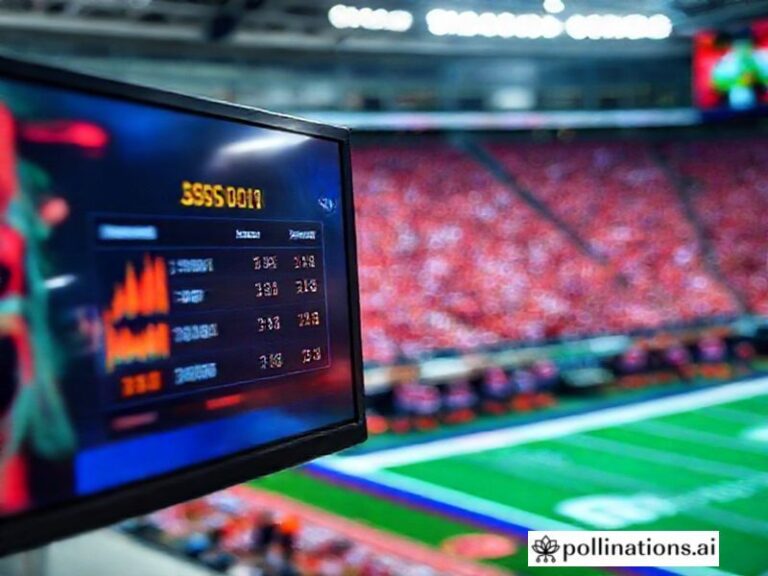Anthony Banda: The Globe-Trotting Lefty Who Pitches the Modern Gig Economy in Cleats
Anthony Banda and the Borderless Brotherhood of Disposable Left Arms
By Marisol Vargas, Senior Correspondent, Dave’s Locker Global Desk
Dateline: Everywhere and Nowhere—Somewhere between the cracked bullpen benches of Phoenix and the fluorescent-lit hotel lobbies of Seoul, Anthony Banda is presently warming up. Again. The itinerant left-hander has been optioned, designated, outrighted, traded, waived, and re-signed more times than most passports collect stamps, turning the 30-year-old reliever into a walking allegory for the gig economy in cleats. If the planet is indeed flat, as certain internet philosophers insist, then Banda’s flight paths alone have ironed out any lingering curvature.
Start with the raw export data: six organizations in seven seasons, crossing the continental United States the way European teenagers cross Schengen borders on $20 rail passes. The Toronto Blue Jays briefly flirted with him this spring before shipping him to the New York Mets, who then nudged him toward the Pittsburgh Pirates, who—true to Pittsburgh’s rust-belt brand—recycled him to the Washington Nationals before finally asking the universal question: “What if we just…didn’t?” Each transaction triggers a blip on MLB’s transnational ledger, a reminder that even a 92-mph fastball can be commodified like copper futures or overpriced avocados.
Global implications? Picture the supply-chain metaphors. A left arm manufactured in Sinton, Texas, is reallocated across borders (state lines count when the product is human) to satisfy fluctuating demand for middle-relief innings. This is NAFTA in action, only the tariff is paid in cortisone shots. Fans in Yokohama or Rotterdam can watch Banda’s Statcast spin rate update in real time, proving once more that capitalism will sell you the rope—or the slider—with which to hang your batting average.
Meanwhile, the man himself tweets emojis and Bible verses between flights, maintaining the serene online persona of someone who has read the fine print on impermanence. In a darker timeline, he’d be a medieval journeyman stonemason, sleeping in half-built cathedrals and hoping the next plague doesn’t end the project. Instead, he gets Marriott points and per-diem sushi. Progress.
Observe, too, the diplomatic side effects. When Banda landed in South Korea for a brief winter-ball stint with the KBO’s SSG Landers, local newspapers hailed him as “미국 좌완 불꽃,” which roughly translates to “American lefty fireball.” The phrase is both compliment and epitaph: fireworks are beautiful precisely because they are temporary. Seoul’s fans wave LED thundersticks, blissfully aware that by spring the import roster will rotate again, importing fresh exotic arms like seasonal Starbucks flavors.
Back in Washington, political reporters chasing debt-ceiling drama barely noticed the Nationals’ quiet waiver claim—yet on sports-talk radio from Santo Domingo to Sydney, someone is calculating how Banda’s ground-ball rate plays in their fantasy league. The world’s attention span is a toddler with a fidget spinner; Banda keeps spinning.
There is, of course, a poignant subplot. Every clubhouse he enters contains rookies who still believe in linear careers and veterans clinging to the myth of meritocracy. Banda knows the truth: you are only as good as the last out you recorded, and even that is negotiable if the 40-man roster needs a spot for a Rule-5 shortstop hitting .180 in Double-A. He smiles, signs baseballs, and packs another suitcase—practiced in the art of leaving before the goodbye matters.
Which brings us to the broader significance: Anthony Banda is the global worker in extremis. No union, no tenure, no pension—just a non-guaranteed contract and a suitcase full of compression sleeves. If the World Trade Organization ever needed a mascot, they could do worse than a left-handed reliever whose job security resembles that of a newspaper journalist. (Yes, self-mockery is free with your subscription.)
So when the bullpen gate swings open tonight—whether in Pittsburgh, Peoria, or the Pacific Rim—tip your craft beer to the transient southpaw. He is not merely throwing baseballs; he is pitching the contemporary condition: here until the algorithm finds someone younger, cheaper, or with a slightly tighter curve. In that sense, we are all Anthony Banda now, just without the groupies or per diem. The only difference is that when we get designated for assignment, HR doesn’t usually pay for the Uber to the airport.







